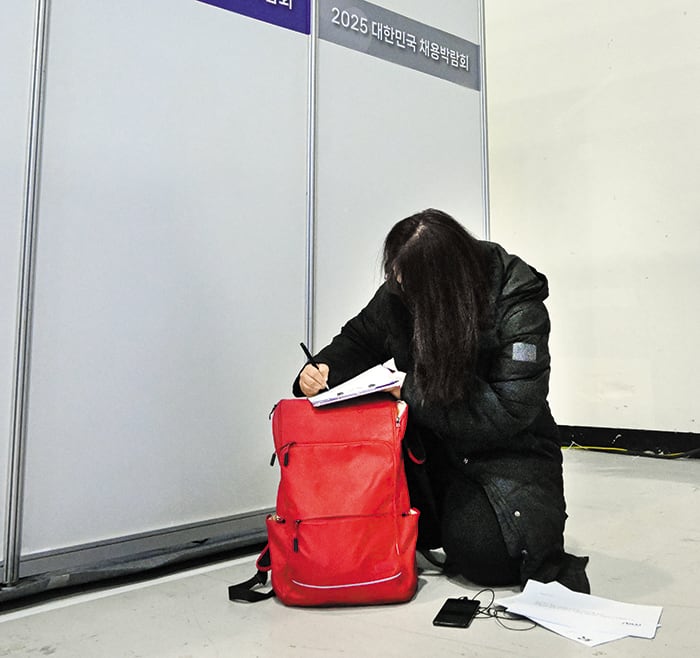
The debate over South Korea's proposed increase in the compulsory retirement age—from 60 to 65—is gaining momentum, with historical instances indicating potential adverse effects on young people entering the workforce. Given the current difficulty of firing employees, prolonging this threshold might restrict job openings for newer generations even more. Although the aim is to tackle issues like disrupted incomes due to revised pensions and worker scarcity, rising worries argue that implementing such changes without extra protective steps could mirror earlier errors.
On March 19, political insiders reported that the primary opposition group, the Democratic Party (DP), formed an internal committee aimed at advancing legislation related to this issue later in the year. This initiative includes plans to progressively increase the official retirement age from 60 to 65, as part of their newly released platform featuring twenty major public welfare programs. Additionally, the governing People Power Party (PPP) has recognized the importance of raising the retirement threshold.
Three main strategies have been suggested for enacting this change: raising the mandatory retirement age from 60 to 65 or higher, keeping the present retirement limit but permitting staff to return through fresh agreements, or doing away with set retirement ages entirely. Additionally, businesses can choose to prolong the retirement age past 60 at their discretion since the prevailing legislation stipulates only a minimal requirement of 60 years.
In partnership with the Federation of Korean Trade Unions (FKTU), the DP is pushing for an extensive legal expansion aimed at raising the mandatory retirement age. This initiative echoes the changes made in 2013 when the minimum retirement age was increased from 55 to 60 years old. Nonetheless, studies suggest that these kinds of measures may negatively impact job opportunities for young people.
At a forum organized by the Presidential Commission on Ageing Society and Population Policy in November, Kim Yoo-bin, a senior researcher from the Korea Labor Institute (KLI), shared insights indicating that following the increase in the retirement age to 60, companies enforcing compulsory retirement observed an overall boost of about 2.87 jobs. Nonetheless, this uptick came alongside a reduction of approximately 0.61 openings for younger employees. This trend was more severe in larger enterprises employing over 1,000 people; these organizations experienced a drop of around 11.6 percent in youth employment during the first seven years post-policy enactment. "Young applicants heavily favor prominent firms," remarked Kim, underscoring how drastically such recruitment patterns have shifted due to the changes.
Professor Song Heon-jae from the University of Seoul discovered that establishing a compulsory retirement age of 60 led to a reduction of 16.6% in employment rates for individuals between the ages of 15 and 34.
The change in hiring strategies among prominent South Korean firms aligns with raising the mandatory retirement age. Numerous businesses now prefer recruiting seasoned experts through continuous intake over openly soliciting fresh entrants for junior roles. An insider from a significant company commented, "Given our constrained workforce adaptability, prolonging the retirement period has led us to be far more selective when bringing aboard new staff members."
Lim Young-tae, who leads employment and social policies at the Korea Employers Federation, highlighted the dangers, noting, "We have previously experimented with lengthening the mandatory retirement age, and this only worsened the division within the job market. While individuals above 60 can still contribute to the workforce through various means, such choices ought to be made by companies themselves."
A spokesperson for the company mirrored these worries, cautioning that escalating labor expenses might compel businesses to reduce their number of full-time roles and limit opportunities for young job seekers even more. "There needs to be regulatory adjustments to make sure that the proposed wage system overhauls can actually work," stated the spokesperson.
In the meantime, the FKTU disregarded worries about youth unemployment, referencing studies indicating that the effect is negligible or potentially beneficial. The organization stated, "Considering the continuous decrease in population, especially within younger age groups, apprehensions regarding competition for jobs between generations are exaggerated."


Post a Comment